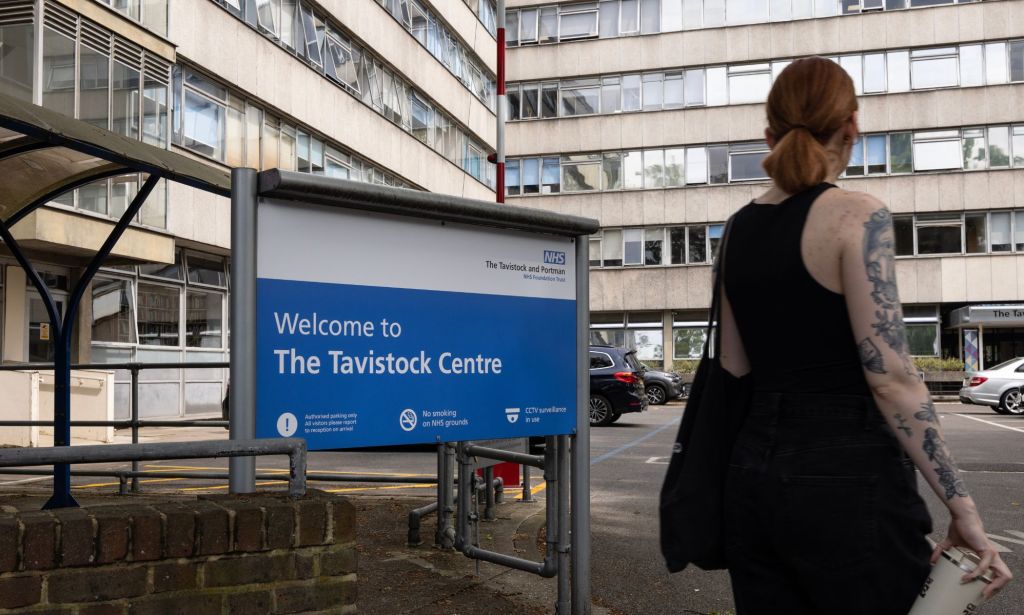Thousands of trans under-18s waiting years for first gender care appointment
Thousands of transgender young people are waiting years for a first appointment to receive gender-affirming care in the UK, a new report has found.
Despite efforts to mitigate the notoriously long waiting lists for NHS gender care in England, more than 5,700 under-18s are still waiting an average of 100 weeks to be seen for the first time.
Over the course of 2023, two new specialist hubs for youth gender care were opened – at Great Ormond Street Hospital, in London, and Alder Hey Children’s Hospital, in Liverpool – as replacements for the now closed youth gender clinic (GIDS) at The Tavistock Centre, in North London.
However, the new centres have only taken some 236 patients from GIDS.

Figures reported by PA Media were described as “depressing” and “concerning” by healthcare experts, several of whom have urged the NHS to prioritise timely access to care and support for trans youngsters.
Dr Roman Raczka, the president of the British Psychological Society, said the latest figures, which were collected in May, show that it is “imperative” to allow children and young people to access vital and professional care.
“We must remember that behind the numbers, headlines and often toxic public discourse, there are children and young people who need access to care,” he said.
“All too often, the issue of gender care which has played out in public, has been damaging to the children, young people and families desperately seeking help. This must change.”
NHS England began implementing recommendations made in the interim report of the Cass Review, an independent study of youth gender care in England, ahead of its full publication in April.
The interim report, published in 2022, urged the NHS to close GIDS in favour of regional hubs across England.
But, after several delays and teething issues, NHS whistle-blowers have claimed that the hubs are “nowhere near ready“.
NHS England acknowledged the rising waiting times, saying that the “transformation and expansion” of its gender-care services would “take time to fully deliver.”
Cleo Madeleine, a communications co-ordinator for Gendered Intelligence, urged parents of trans children to “listen to your child and take it slow” in the face of the continuing delays.
“If parents can support their young people by providing a space to have those conversations, it starts really healthy open communications,” she said.
Madeleine advised parents to remain calm and supportive, when confronting their child’s feelings of dysphoria. “[It] doesn’t have to be a fight,” she said.
“Reactions that are angry, dismissive or confrontational can actually send a message to your child that they were wrong to open up and that it is not safe to have that conversation.
“Try not to bring judgment forward, and try, at least at first, to hold off telling your child what you think and give them some time to talk about how they are feeling.”
Share your thoughts! Let us know in the comments below, and remember to keep the conversation respectful.
